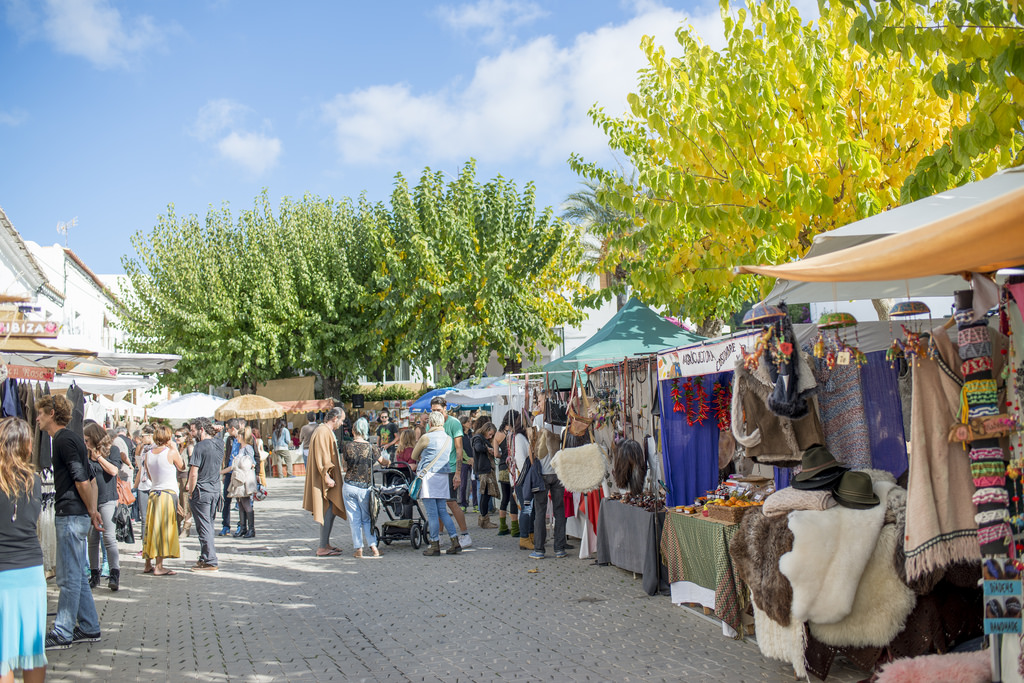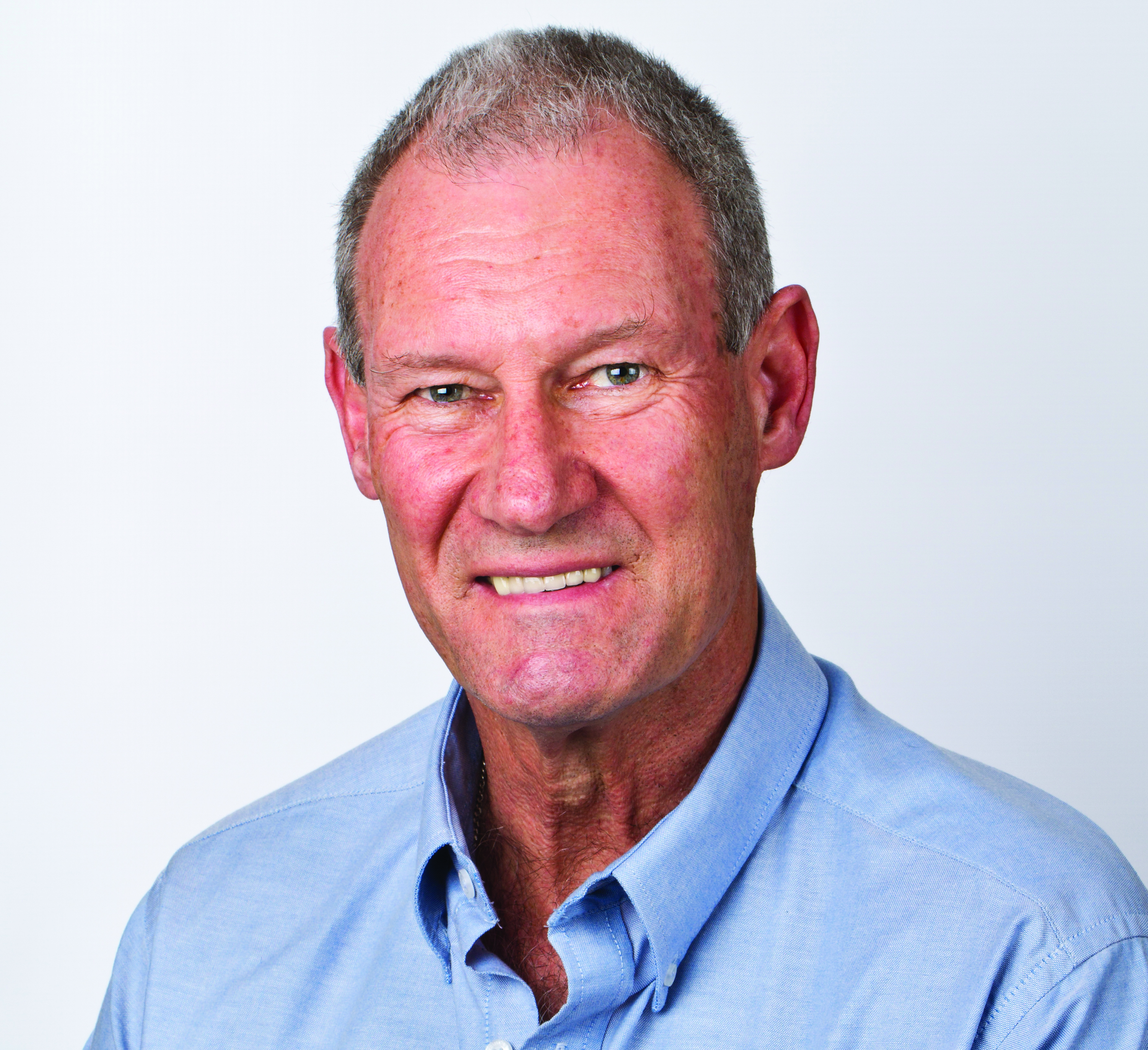Once considered a tool dedicated to the on-the-go businessperson, smart tablets have now evolved beyond specialist workplace equipment to become a mainstay within the family home. Designed as an affordable, high quality and durable tablet, the HUAWEI MatePad T 10s is ideally designed to meet the whole family’s entertainment and educational needs.
The HUAWEI MatePad T 10s runs on an octa-core Kirin 710A processor, allowing seamless switching between your social media, multimedia and other apps. And for the first time, the novel App Multiplier enables the user to split one app into two windows for easy viewing. Alongside this, supported by the latest version of Huawei’s Android-based operating system EMUI 10.1, the HUAWEI MatePad T 10s is a great way to access all your music and movies on its 10.1-inch Full HD 1920 x 1200 display. Alongside powerful dual loudspeakers, the HUAWEI Histen 6.1 surround sound feature, Harman Kardon tuning, and long-lasting 5100mAh high capacity battery, the whole family will relish the truly immersive audio-visual experience this Huawei tablet provides.
The students and learners in the family will be happy to know that they can say goodbye to harsh, glaring blue screens, as the HUAWEI MatePad T 10s uses an in-built Low Blue Light eye protection feature, swapping the discomfort of harmful blue light for warmer, softer tones designed for reading. While working on the HUAWEI MatePad T 10s, whether brushing up on your vocabulary using a study app, writing up homework, or reading an eBook, limiting harsh blue light exposure can help ensure a better night’s sleep and establish a steadier sleep cycle.
The HUAWEI MatePad T 10s is built to be used on the go, with a Micro SD slot allowing external storage of up to 512GB. Teenagers and young children in particular can enjoy enormous download and storage potential to bring multimedia entertainment with them wherever they go. What’s more, with a premium metal body and shock-resistant glass, this tablet can handle every kind of challenge that family life throws at it.

For the youngsters in the family, Kids Corner is an exciting feature that turns your HUAWEI MatePad T 10s into a creative, educational and entertainment companion, keeping children engaged and stimulating their creativity with four simple pre-installed features – the camera, voice recorder, multimedia player and painting tools. Kids Corner issues 6 kinds of protective pop-up alerts to ensure that children use it in the safest possible way, both in terms of their posture and their eye health, for example when a child is holding the device too close to their eyes. Parents also have full control over their children’s access to particular apps from AppGallery, as well as being able to limit times and intervals of use of the HUAWEI MatePad T10s.
This new tablet is also equipped with Huawei Share, which can transfer photos, videos and other files between Huawei devices at speeds of up to 150MBps, all without using a single bit of data. The HUAWEI MatePad T 10s promises an exciting array of inclusive multimedia and essential features for all the family and, thanks to its large storage and quality build, it can be enjoyed anywhere by anyone.
The HUAWEI MatePad T 10s’ combination of immersive entertainment, powerful productivity, long-lasting battery life, elegant industrial design, and an attractive price point, the HUAWEI MatePad T 10s is definitely a device to consider, which can satisfy all of the family’s digital needs.
Available in Deepsea Blue, the HUAWEI MatePad T 10s, with 4GB RAM and 64GB storage, can now be purchased for just R4,499 from the Huawei Store (Online) or Incredible Connection. The HUAWEI MatePad T 10s is also available from MTN, Vodacom, Telkom and Cell C on a 24-month or 36-month contract. The tablet comes with a free flip cover valued at R699.
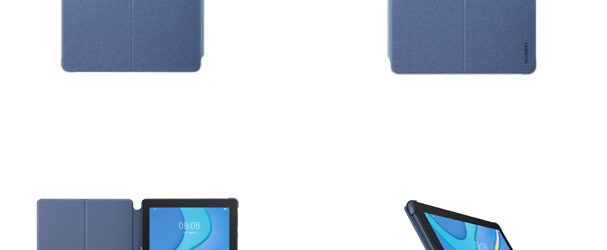
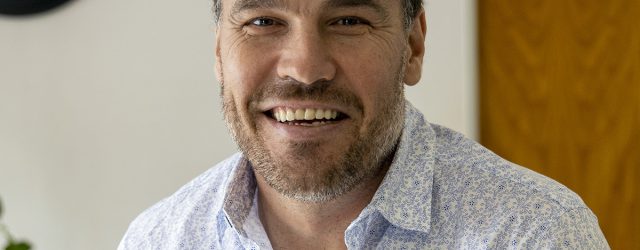


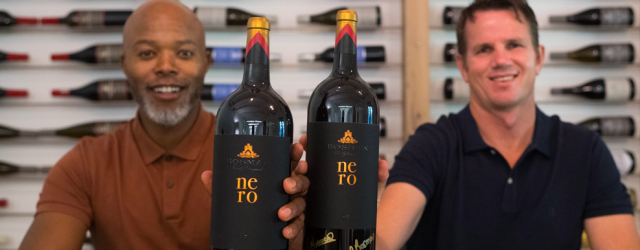




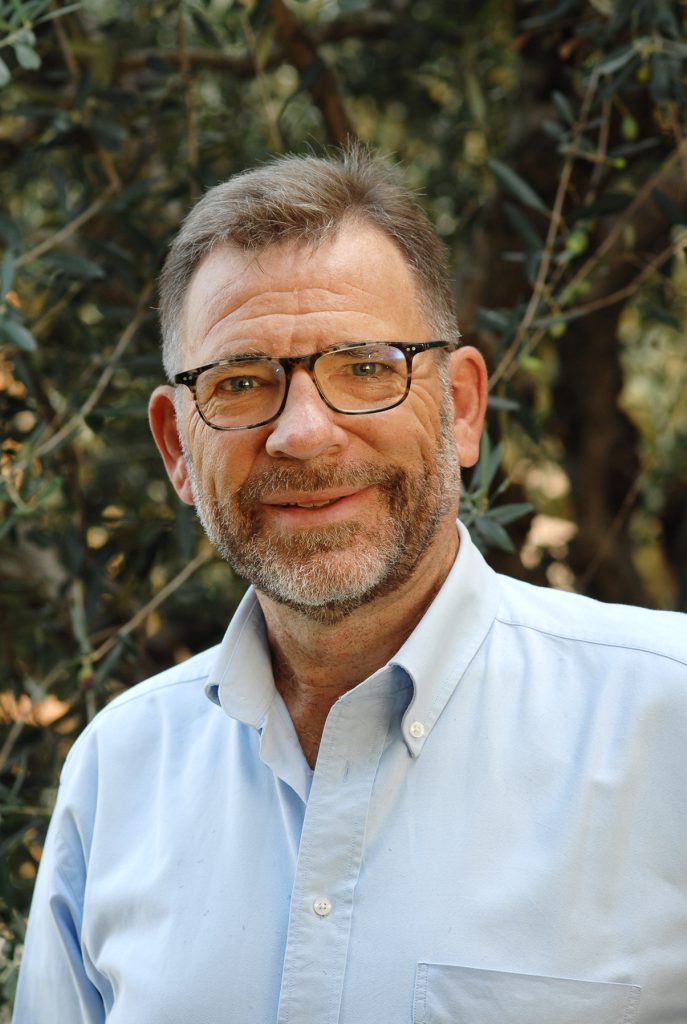
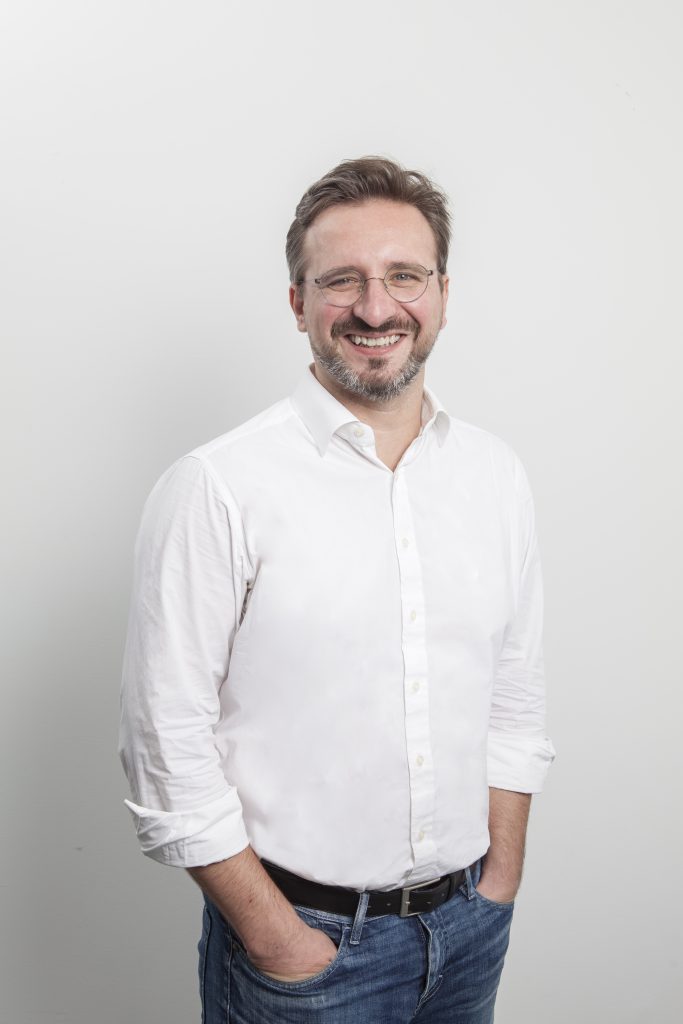
 The Northern Business Review is a business community newspaper that provides a platform for businesses to market their products and services, as well as build their brand, but equally important the publication provides information, advice and topics of interest, including business, entrepreneurial, economic reviews and simple ideas to grow your business. The publication has a primary objective to “uniquely” represent businesses to a wide audience across the community as well as provide a media platform of business articles and information that affect, influence and uplift the business environment within our defined geographical and cultural community.
The Northern Business Review is a business community newspaper that provides a platform for businesses to market their products and services, as well as build their brand, but equally important the publication provides information, advice and topics of interest, including business, entrepreneurial, economic reviews and simple ideas to grow your business. The publication has a primary objective to “uniquely” represent businesses to a wide audience across the community as well as provide a media platform of business articles and information that affect, influence and uplift the business environment within our defined geographical and cultural community.